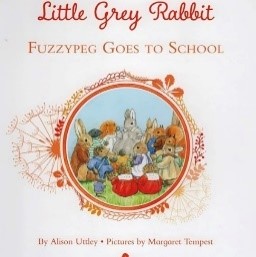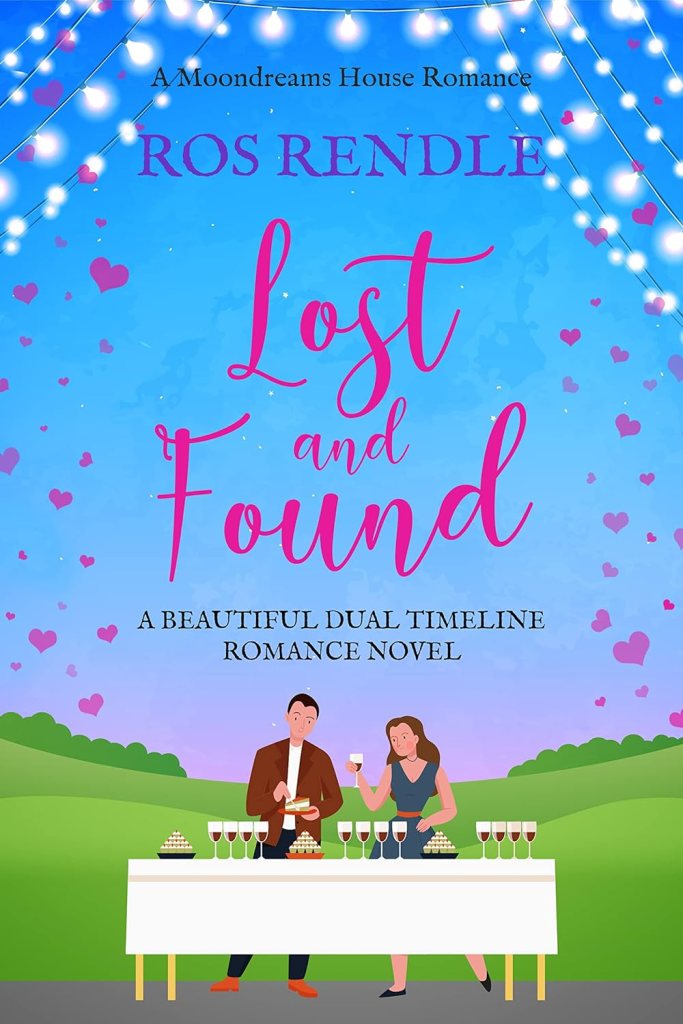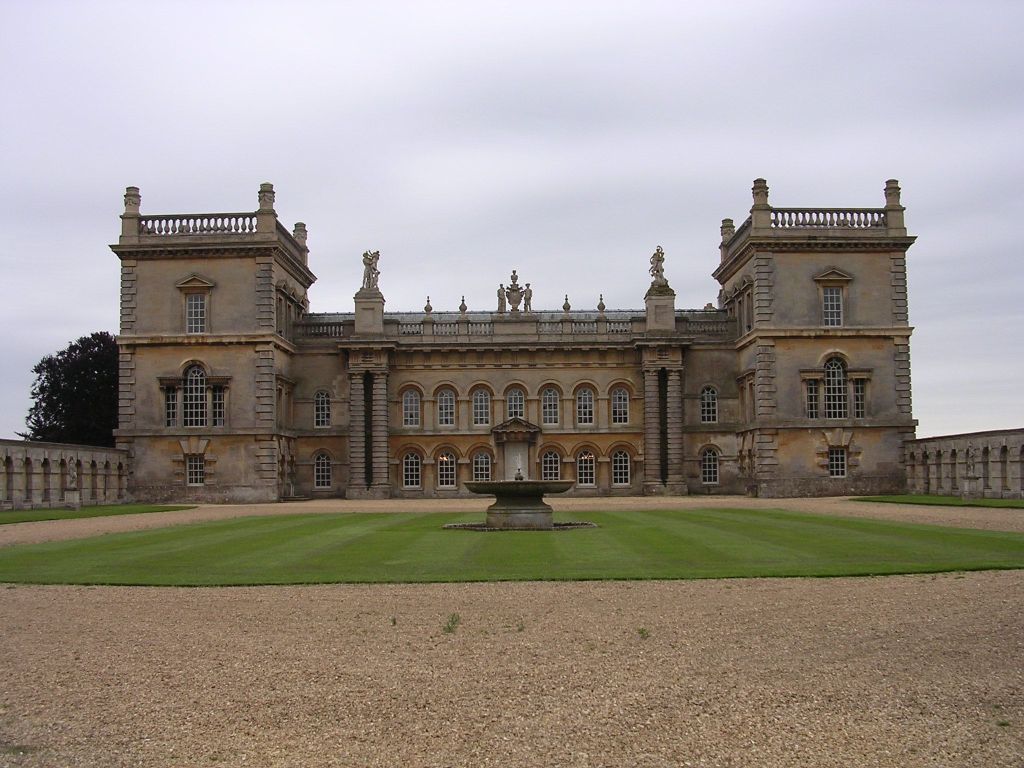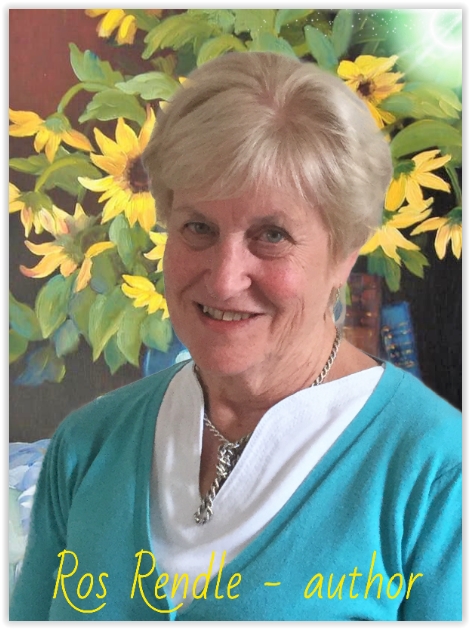Ros is a fellow member of the Belmont Belles and Beaux Romantic Novelists Association (RNA) Leicester Chapter and we often travel to and from meetings together on the train. This gives us a good opportunity to catch up on each other’s lives and work. I have read several of Ros’s books, particularly enjoying Sunflowers for Suzy, a modern novel set in France and The Strong Sisters series covering WW1. Here is the review I wrote for “Sisters at War” in December 2021 – ” I enjoyed this very much. Just the right amount of historical detail and a lovely romance intertwined with it. Social issues of the day dealt with sympathetically. Recommended.” Ros writes with obvious enjoyment and accuracy in several different historical periods and I am particularly looking forward to her new novels set in the 1300s in Grimsthorpe Castle close to where we both live.
You can follow Ros on:
www.facebook.com/RosalindRendleAuthor
Website: www.rosrendleauthor.co.uk
Welcome to Lorna’s Command Centre. Thank you very much Ros, for agreeing to be my sixth “In Conversation” guest interviewee.
Ros, would you like to share your early life and influences?
I was read to, and then read from being very young. That emotional context has meant that I’ve always enjoyed reading and never stopped. My early favourite was Fuzzypeg Goes To School from the series of Little Grey Rabbit books by Alison Uttley.

My Granny was so like Little Grey Rabbit, to the extent that she often wore a grey or blue dress with white collar and cuffs. She lived with her husband who was a large, and larger than life, man like Hare in the books, also with her sister, the slightly vain Squirrel. I remember sitting on Granny’s knee at an early age with this book. I do still have it in my treasure box.
I always have a book ‘on the go’ now, usually on the Kindle App so it’s always with me on my phone or tablet. Currently I’m reading The Wife’s Choice by Emma Davies. I’ve read many of her books. She writes with beautiful prose and warmth that is satisfying even if it’s a cosy crime. I’ll read almost anything and enjoy crime or a thriller as much as romance, but not horror and I’m not keen on dystopian books. One of my all-time favourites is To Kill A Mockingbird. Its themes are still relevant today, sadly.
My mother was a published author, many times over, and she encouraged reading and then writing. I have a copy of all her books, too. She encouraged us as children, with our friends, to put on plays for the parents. I cringe now at what they had to watch. We were fortunate enough to have a huge room with a very large bay window and a wooden box seat that sat eight or ten. The curtains came across them, so we had the empty room to ‘perform’.
I wonder, when you write do you follow a daily routine and do you write chronologically?
I don’t write every day and no routine. Tch tch! There are too many distractions now that I am retired, especially if my husband suggests we go out and do something like walk the dogs, visit a garden centre, or…. So many things! However, I set a goal of x thousand words a week and usually manage that.
I always work chronologically in each book, rather than miss bits out to which I’d have to return. Oo, no! I couldn’t dodge about as some do. If there’s a tricky bit, I always plough through it. This does mean that the first draft can be the most challenging. The part I really enjoy is the second read and write through where I try to make the story and the characterisation ‘sing’, when I don’t have to worry about the mechanics of it all.
There is always much research during the first writing, however, and I love that. Even for my contemporary novels this is true. For example, in Hope Blooms I had to research flowers and their meanings, medical issues for an amputee, and then internet fraud.

For Lost and Found it was the legal processes when a foundling baby is discovered. This is even more true for the historicals, and especially for the mediaeval stories with which I’m currently engaged. It’s not the major facts, about much is often known by the reader. It’s the everyday mundane things, like when did a certain saying start? When was a particular foodstuff available in this country? Often there are surprises. It’s so important to be accurate.
I’m always energised by the writing process. Sometimes I find it difficult to start, but having done so, it’s annoying to have to break off. Even when it’s tricky and I have to persevere, it’s satisfying.
Can you describe the moment when the idea for your first book [or any other book] first came to you?
I started the first book I wrote when encouraged by my mum but I was in my twenties and had a full-time job and young children. ‘Life’ took over. I re-started it again thirty years later after I had retired (early) and we moved to France. I joined the Romantic Novelists’ Association and their New Writer’s Scheme ensured it had a thorough critique. I thoroughly recommend this course of action to new writers. Although ‘Romantic’ is in their title, they take any writer who has a strong relationship in their story. Following their advice and a rewrite enabled me to be offered a contract and it was published as Reaching For Tomorrow.
My next books have distinctly French settings or a French character. This is particularly true of the first books in the Strong Sisters series.

In France, my husband took up family research, discovering my grandfather’s experience at the battle of the Somme in 1916. He was mentioned in the war diaries of the time and we were able to visit within ten metres of where he was one hundred years ago. With this incredible experience, a novel sprang to mind, and although it’s not the story of my grandparents it was the seed of inspiration. The series is about three sisters during each of three turbulent times, WW1, WW2, and the Cold War. Each has a strong relationship theme and research is accurate. My favourite, however, is the third book – The Divided Heart set between UK and Berlin. It was gratifying to have it described as ‘stunning’ and the ending as ‘poignant’ by readers.
Do you have a favourite character in any of your books?
I think my favourite character from all my books is Harry Moon in Rhythms of the Heart. It’s a contemporary story of a second-chance relationship and Harry is a sad, lost soul, who eventually finds his way through secretly taking up ballroom dancing. Of course, there’s a satisfactory ending but how he arrives at that is the key to the books success, for which I’m most grateful.

Grimsthorpe Castle, Lincolnshire.
Books I’m writing now are a new venture for me – set in the 1300s and involve a sewing together of fact and fiction. They are set on the Grimsthorpe Estate, which was part of Folkingham castle in South Lincolnshire, at that time. I’m thoroughly enjoying the research and the writing and am currently on book 2 of a four-book series. There is a Tudor castle at Grimsthorpe now with amazing history, so I shall definitely get there eventually; the current owner was maid-in-waiting at the coronation of Queen Elizabeth 11.
Is there anything else you would like to tell us?
I thoroughly recommend writing as a hobby which can earn some money but doesn’t have to. It can be done anywhere and inspiration is nearby, especially when travelling or even sitting in a café and people watching. The smallest event might transpose into a short story or even a novel. On the internet there are hundreds of articles about the skills and techniques for anyone interested in learning. Best wishes and good luck to all who try. You will be rewarded!
Thank you very much Ros for sharing your books and thoughts with us.


